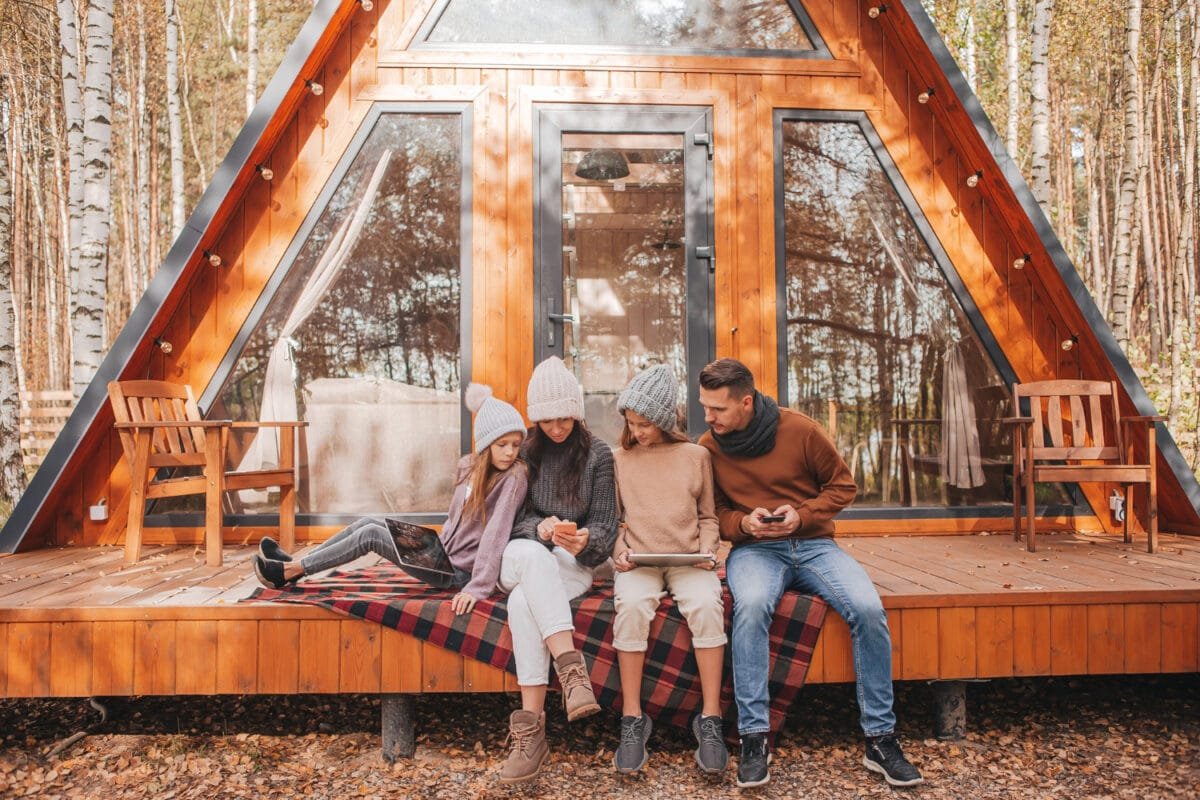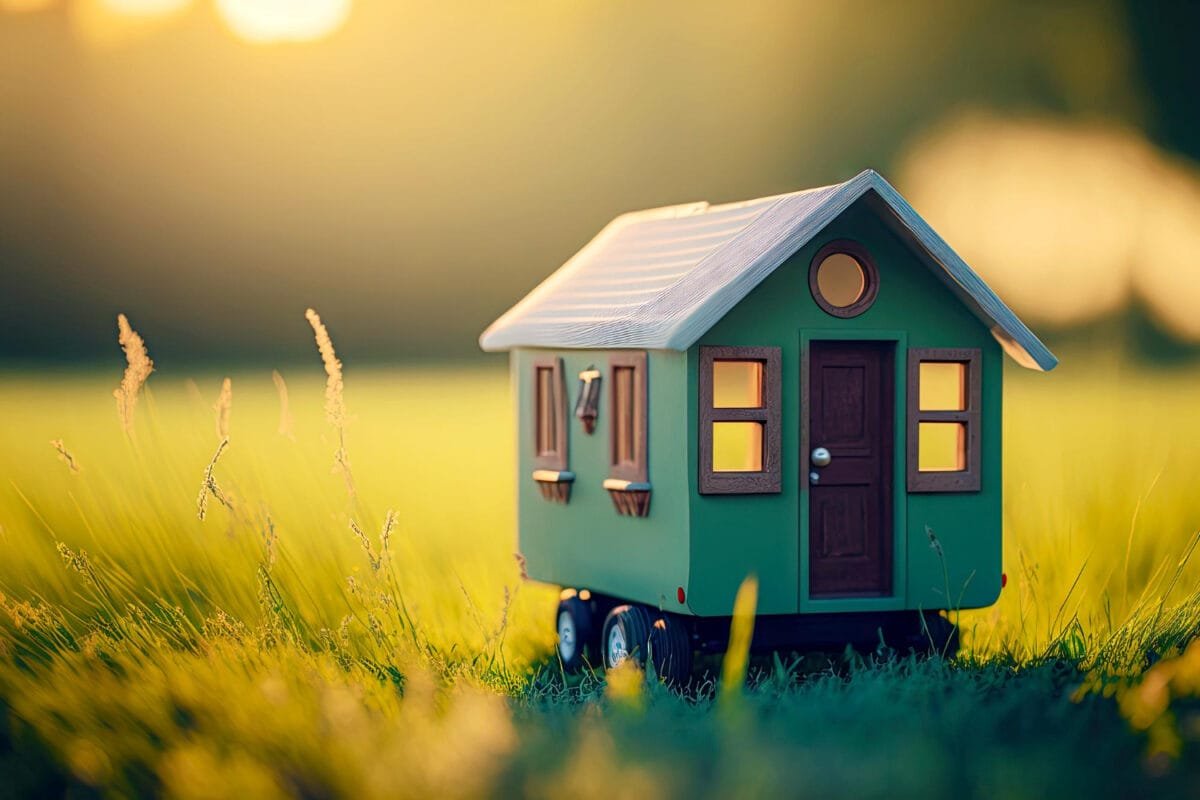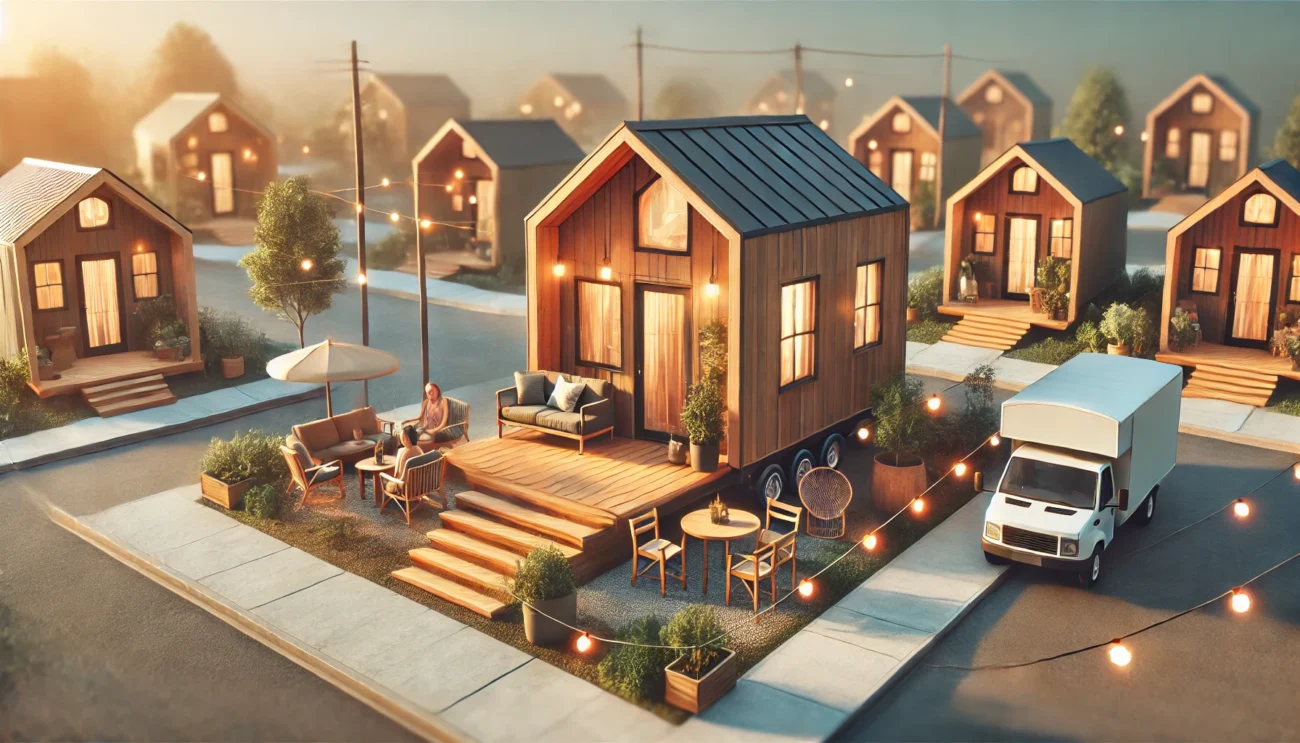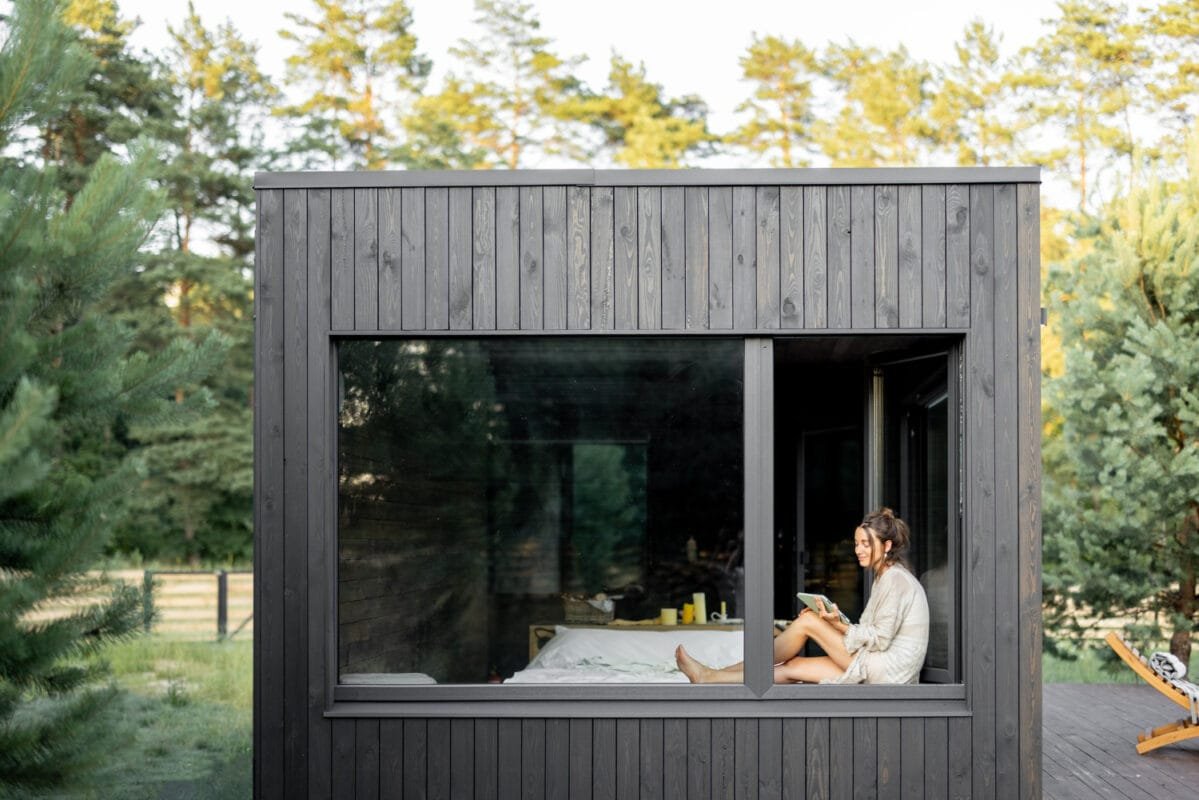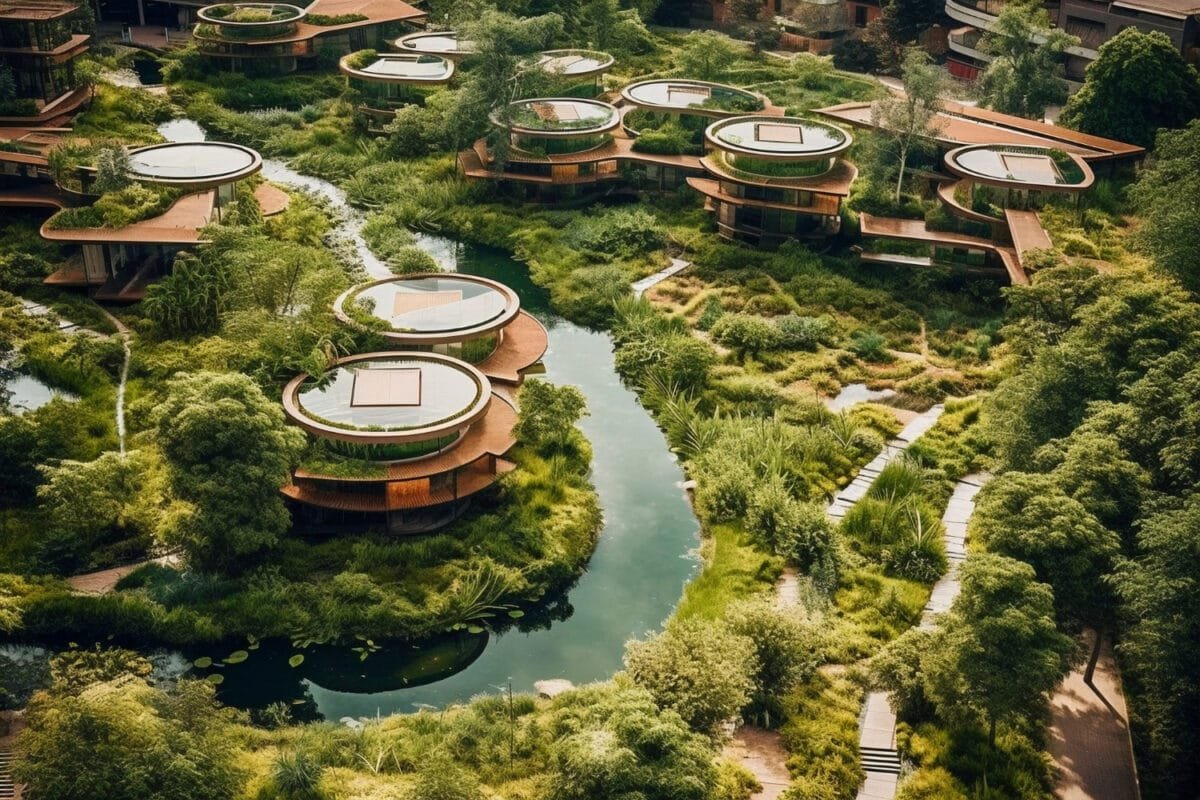Alternative housing represents a form of unconventional housing that is distinct from traditional housing such as standard houses and apartments. Defined by the Alur Law of 2014 as “a removable residence constituting the permanent habitat of its users”, this type of housing is often characterized by its flexibility, its low ecological footprint, and its atypical side. In this category, we address all aspects of alternative housing: motivations, characteristics, types of housing, and the necessary administrative procedures.
Alternative Housing: A lifestyle off the beaten track
Characteristics of alternative housing
Alternative housing is distinguished by its atypical construction and its respect for the environment. Often, these dwellings are built from recycled materials or local materials, and have a removable or mobile character. These characteristics allow a certain freedom in the installation and promote a lifestyle more in harmony with nature.
Motivations for choosing alternative housing
There are many reasons for choosing alternative housing. They can be economic, due to the reduced acquisition costs compared to traditional housing, or ecological, with the search for a smaller environmental footprint. Many people also make this choice out of a desire for freedom, simplicity, and to reconnect with nature. These habitats also offer an opportunity to create more authentic social ties, often in a community or participatory setting.
Types of alternative housing
- Lightweight housing: Tiny houses, yurts, container houses, wooden cabins.
- Nomadic housing: Converted vans, campers, sailboats, mobile homes.
- Ecological housing: Straw houses, Earthships, buried or semi-buried houses, eco-domes.
Each of these types of housing offers unique characteristics that meet different expectations in terms of mobility, respect for the environment and lifestyle.
Legal and practical aspects
Installing alternative housing in France requires compliance with certain regulations and administrative procedures, including obtaining a prior declaration or a planning permit from the town hall, even if you own the land. Although these homes are often less expensive, their installation requires a good knowledge of the legal aspects to avoid unpleasant surprises.
Why choose an alternative habitat?
Opting for an alternative habitat means choosing a simpler, more ecological, and economical lifestyle. By consulting our articles, you will be able to:
- Understand the different types of alternative habitats and choose the one that meets your expectations.
- Discover the practical aspects and administrative procedures related to the installation of an alternative habitat.
- Explore lifestyles that promote independence and a return to essential values.
Whether you are attracted by the idea of living in a tiny house, a yurt, or even a converted van, our articles will give you all the keys to successfully carry out your project.
Continue reading
Rising housing and energy costs, the ecological crisis, rampant urbanisation... there are many reasons why Tiny House eco-villages are ...
Yes, it's possible to live as a family with one or more children in a Tiny House! Some people are already doing it, so why not you?T...
You have studied the different alternative habitats and you are wondering how to build your tiny house? Welcome to the world of tiny ho...
That’s it, it’s decided… You want to install a Tiny House!Congratulations! We can only applaud this excellent choice (especially if i...
Would you like to gain more square footage without the need for structural work? Want to make the most of the space available in your g...
‘La bohème meant we're happy’. Charles Aznavour.Do you dream of a life of simplicity, freedom and inspiration? Do you live from day t...
Responding to a more ecological, minimalist and thrifty lifestyle choice, the various alternative housing concepts are aimed at everyon...

